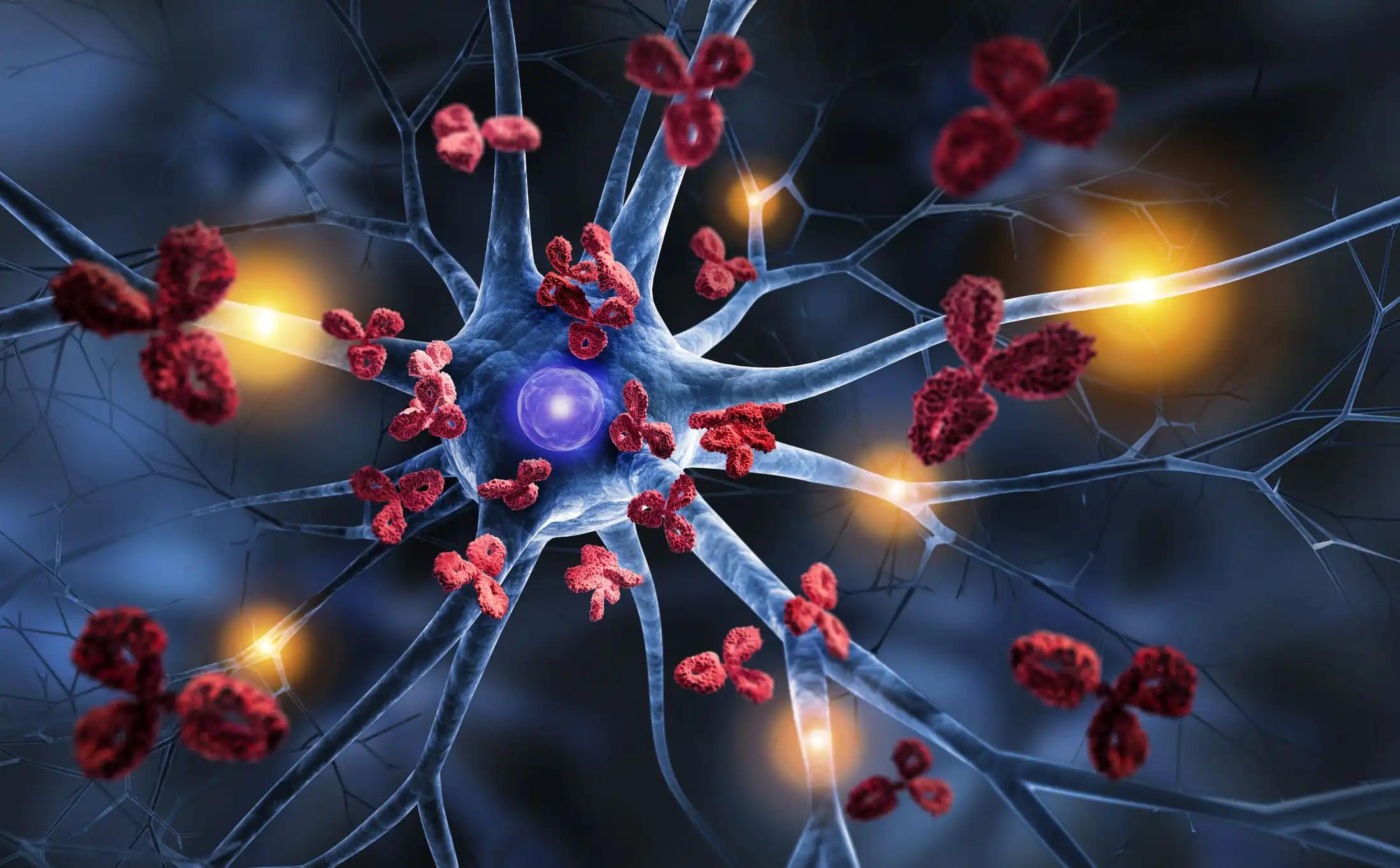KEY TAKEAWAYS
- The study aimed to investigate the biological role of HOXB2 in NPC to enhance understanding and treatment strategies.
- HOXB2 promotes NPC by enhancing malignancy and radioresistance via FOXO1 regulation, suggesting potential therapeutic interventions.
Nasopharyngeal carcinoma (NPC), a head and neck cancer affecting the upper throat behind the nose, shows variations in prevalence across races and geographic regions. While HOXB2 is known to promote tumors in various cancers, its exact role in NPC remains unclear, highlighting a gap in our understanding of this specific cancer type.
Jinhai Chen and the team aimed to investigate HOXB2’s role in NPC to clarify its contribution to tumor development in diverse populations.
Bioinformatics analysis identified differentially expressed genes (DEGs) between patients with radiosensitive and radioresistant NPC samples. Researchers used qRT-PCR, western blotting, and immunohistochemistry to detect corresponding mRNA and protein expression levels. They assessed cell viability with a CCK-8 assay and evaluated colony-forming capability through colony-formation assays. Migration and invasion abilities were also examined using wound-healing and transwell chamber assays. Cellular apoptosis after irradiation was assessed using flow cytometry and terminal deoxynucleotidyl transferase dUTP nick-end labeling (TUNEL) staining.
The results revealed HOXB2 as a potential regulator of radioresistance in NPC. In vitro experiments demonstrated that HOXB2 overexpression (HOXB2-OE) heightened malignant behaviors such as invasion, migration, and proliferation while hindering irradiation-induced apoptosis in NPC cells.
Conversely, HOXB2 knockdown (HOXB2-sh) exhibited inverse effects on these biological activities. Kyoto Encyclopedia of Genes and Genomes (KEGG) analysis unveiled the enrichment of differentially expressed genes (DEGs) in the FOXO signaling pathway.
Mechanistically, western blotting indicated that HOXB2-OE suppressed forkhead box protein O1 (FOXO1) expression in NPC cells. Subsequent transfer of FOXO1-overexpressing plasmids into HOXB2-OE NPC cells reversed the cell proliferation, migration, invasion, and radioresistance patterns induced by HOXB2 overexpression.
The study concluded that HOXB2 functions as a tumor promoter in NPC, stimulating malignant behaviors and radioresistance through the regulation of FOXO1. Furthermore, targeting HOXB2 inactivation or FOXO1 activation is a promising strategy to impede tumor progression and surmount radioresistance in NPC.
Funding was provided by the Medical Scientific Research Foundation of Guangdong Province.
Source: https://pubmed.ncbi.nlm.nih.ov/38617001/
Chen J, Mao M, Ma Z, et al. (2024) “Homeobox B2 promotes malignant behavior and contributes to the radioresistance of nasopharyngeal carcinoma by regulating forkhead box protein O1.” Int J Med Sci. 2024 Mar 17;21(5):837-847. doi: 10.7150/ijms.93128. PMID: 38617001; PMCID: PMC11008478.



